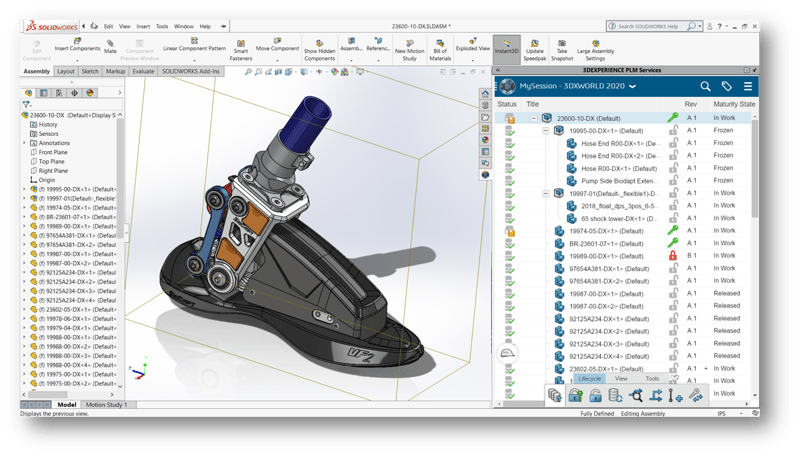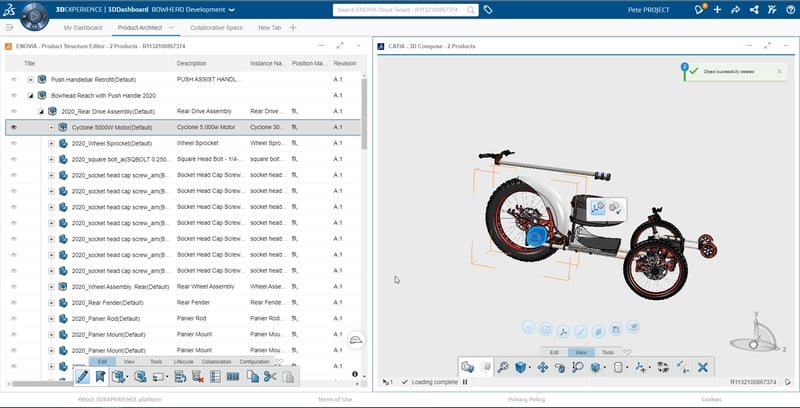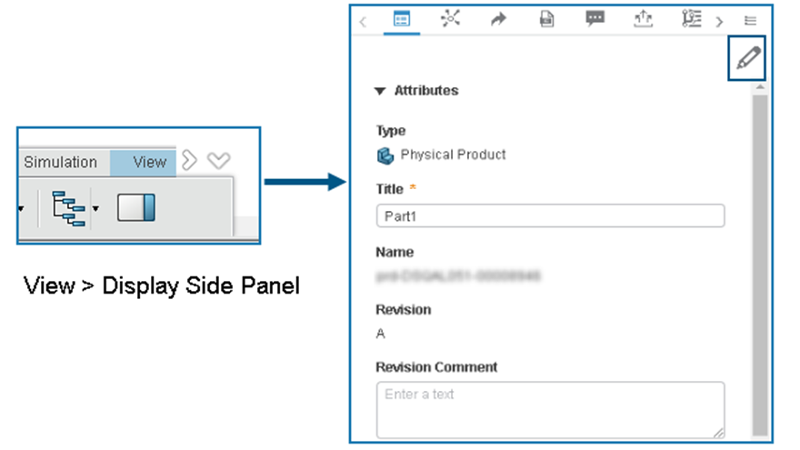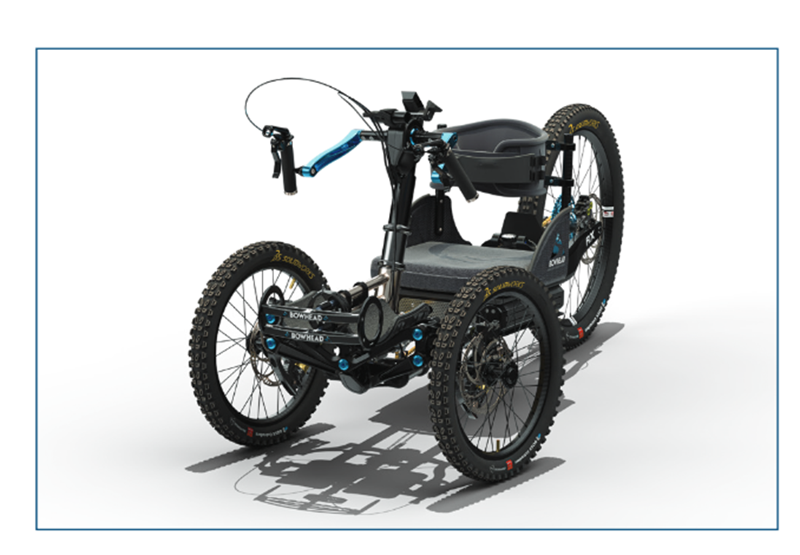It’s rare to find a medium- to large-sized company that uses a single authoring tool for mechanical, electrical, and electronics design. Mixed tools often result from acquisitions and mergers, and although a company’s goal might be achieving consensus on a single tool, the process of attaining that goal is often painfully slow. Data migration and conversion and user resistance are common roadblocks. Companies need to weigh their options and plan skillfully to not disrupt the product development process.

Make Changes with Minimal Disruption
While transitioning to a preferred authoring tool, companies can use a single data management system to ease the transition and to ensure everything they need is in one application. Very often the data from an authoring tool needs some type of manipulation before it can be fed to an enterprise resource planning (ERP) system.
Manipulations can include adding non-modeled items such as paint, glue, or packaging to the product structure (Bill of Material). In addition, data from different types of authoring tools may need to be consolidated. Many products have both mechanical and electrical/electronic components that are created in specialized applications that need to be part of the overall structure.
A single data management or product lifecycle management (PLM) system, a single source of truth, is a common requirement, so a data management system must be capable of integrating with several authoring applications, so all the data is centrally stored and managed.

Everyone Gathers at the Same Place
The 3DEXPERIENCE® platform Collaborative Designer Roles can make the single source of truth a reality. In addition to best-in-class integrations for DASSAULT SYSTEMES authoring tools like SOLIDWORKS® and CATIA, companies can select from many other integrations to third party applications, including applications from Autodesk, PTC, and Siemens.
Employing various integrations ensures that all data is understood and stored in a single collaborative platform where it can be used for many other activities, like design reviews, digital mockups, issue management, change management, project management, and manufacturing.
For instance, a new design that needs to be reviewed and evaluated in its entirety may contain components or subassemblies modeled in several different CAD tools. The digital mock-up capabilities of the 3D Product Architect Role enable users from any discipline to bring in and position the various components and sub-assemblies in a single web-based user interface without needing to apply for licenses or to study how to use the tools.
To read the full article, please click here.
To learn more about 3DEXPERIENCE Works, contact an expert at The SolidExperts.




SUBMIT YOUR COMMENT